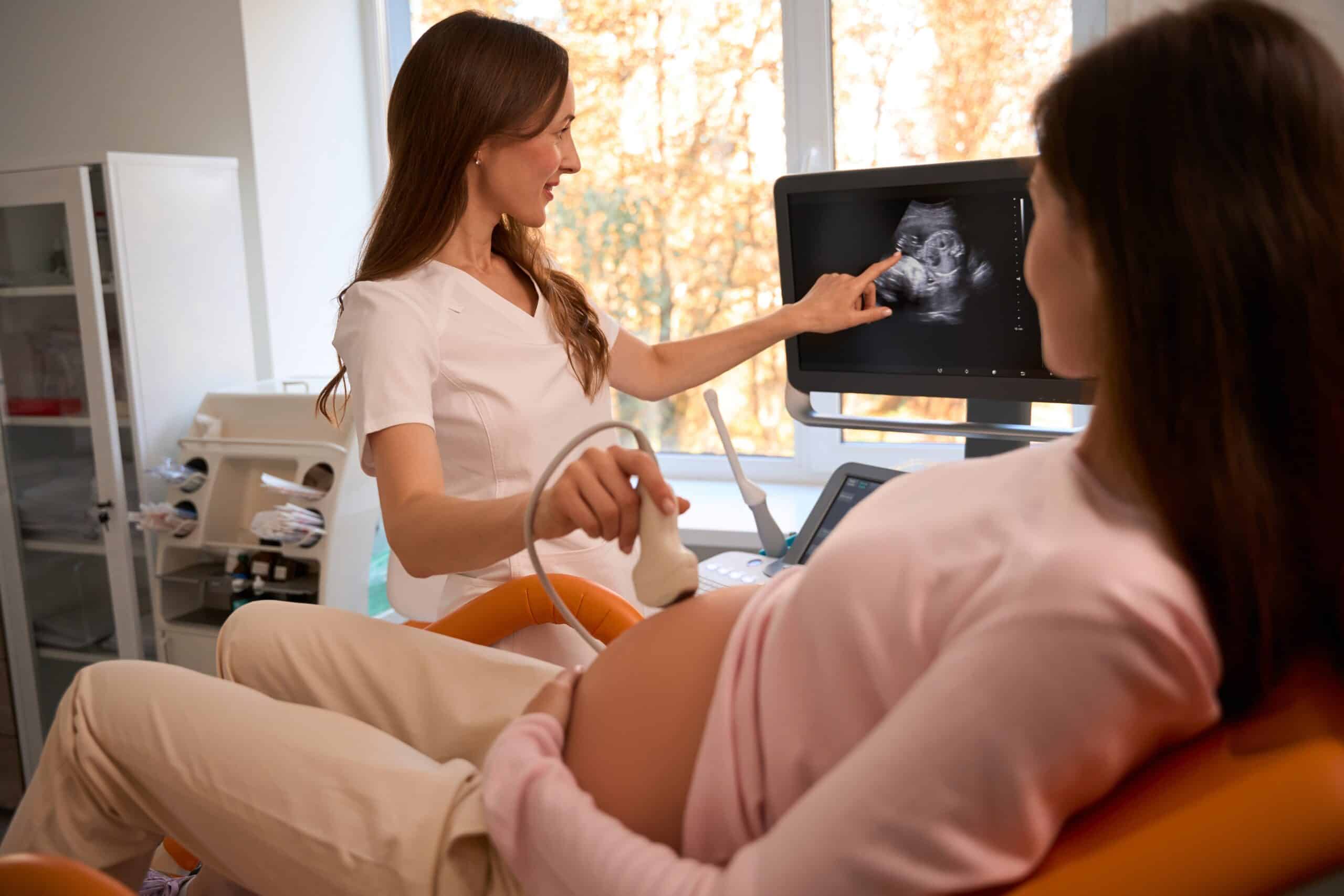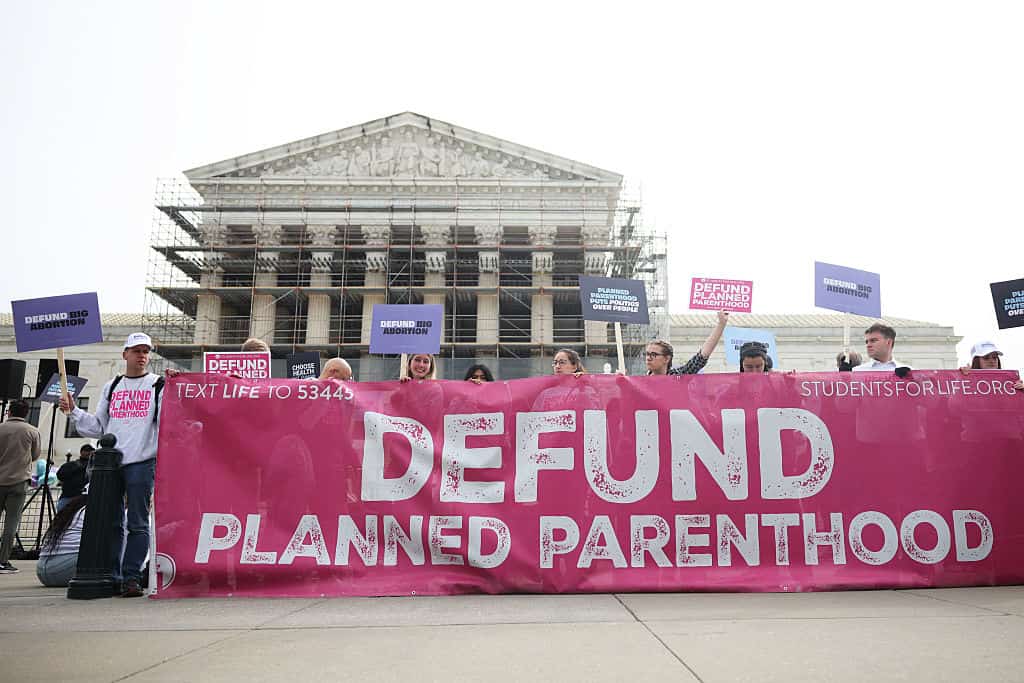U.S. Department of Justice Supports Ohio’s Law Protecting Preborn Babies with Down Syndrome from Abortion

Today is National Sanctity of Life Day, President Trump has proclaimed. Today we somberly commemorate the infamous Roe v. Wade decision of the U.S. Supreme Court that has resulted in approximately 60 million abortions since 1973. Yesterday, in what could not be a more appropriate response to Roe, the U.S. Department of Justice (DOJ) filed an amicus (aka friend-of-the-court) brief in a case involving Ohio’s 2017 law protecting preborn babies with Down syndrome from abortion.
In a press statement announcing the brief, the DOJ defended the constitutionality of Ohio’s law.
“Ohio’s Antidiscrimination Law affirms that people with Down syndrome have lives worth living and protecting. The Law also protects the medical profession from harm to its integrity and protects women from abortion providers who may seek to pressure them into obtaining an abortion because of Down syndrome,” said Assistant Attorney General Eric Dreiband of the Civil Rights Division (of the DOJ). “The federal government has an interest in the equal dignity of those who live with disabilities. Nothing in the Constitution requires Ohio to authorize abortion providers to participate in abortions the providers know are based on Down syndrome.”
The Ohio law directs that an abortion provider cannot “purposely perform or induce or attempt to perform or induce an abortion on a pregnant woman if” the provider “has knowledge that the pregnant woman is seeking the abortion” because of Down syndrome.
The law has had a shaky start in the federal courts. The judge at the trial court level enjoined (blocked) the law from taking effect. On appeal, a 3-judge panel at the 6th Circuit sided with the trial judge and also ruled the law unconstitutional.
However, there is a procedure at the appellate level known as “en banc” review, where the full contingent of a particular circuit’s judges can vote to vacate (erase) the panel’s decision and rehear the case. That’s what happened here, and it is in this portion of the appeal that DOJ filed its brief. The 6th Circuit has 16 active judges who together will take a second look at Ohio’s defense of its law. Six of these judges have been appointed by President Trump.
There are two important things to note here. First, en banc reviews happen only rarely, and usually occur in cases where a majority of the judges in the circuit disagree in some fashion with the 3-judge panel’s opinion. If that’s what has happened here, supporters of Ohio’s law have something to cheer about.
Second, whenever the federal government jumps into a case, the judge (and the parties) take special note. If the DOJ feels that a case where the United States is not a party involves issues of national importance, and brings the full weight of its reasoning and legal expertise to bear, its influence and argument can carry the day.
In the struggle to defend the preborn, protection for the disabled is a must. But there’s another consideration as well. As the DOJ notes, the Ohio law protects not only individuals with disabilities from prejudice and indifference, but “also wards against the slippery slope to medical involvement in race- or sex-based abortions.”
We’ll keep you up-to-date as this appeal continues. It is titled Preterm-Cleveland v Himes.
ABOUT THE AUTHOR

Bruce Hausknecht, J.D., is an attorney who serves as Focus on the Family’s judicial analyst. He is responsible for research and analysis of legal and judicial issues related to Christians and the institution of the family, including First Amendment freedom of religion and free speech issues, judicial activism, marriage, homosexuality and pro-life matters. He also tracks legislation and laws affecting these issues. Prior to joining Focus in 2004, Hausknecht practiced law for 17 years in construction litigation and as an associate general counsel for a large ministry in Virginia. He was also an associate pastor at a church in Colorado Springs for seven years, primarily in worship music ministry. Hausknecht has provided legal analysis and commentary for top media outlets including CNN, ABC News, NBC News, CBS Radio, The New York Times, the Chicago Tribune, The Washington Post, The Washington Times, the Associated Press, the Los Angeles Times, The Wall Street Journal, the Boston Globe and BBC radio. He’s also a regular contributor to The Daily Citizen. He earned a bachelor’s degree in history from the University of Illinois and his J.D. from Northwestern University School of Law. Hausknecht has been married since 1981 and has three adult children, as well as three adorable grandkids. In his free time, Hausknecht loves getting creative with his camera and capturing stunning photographs of his adopted state of Colorado.
Related Posts

New York Ends Fight to Force Nuns to Pay for Abortions
January 27, 2026



